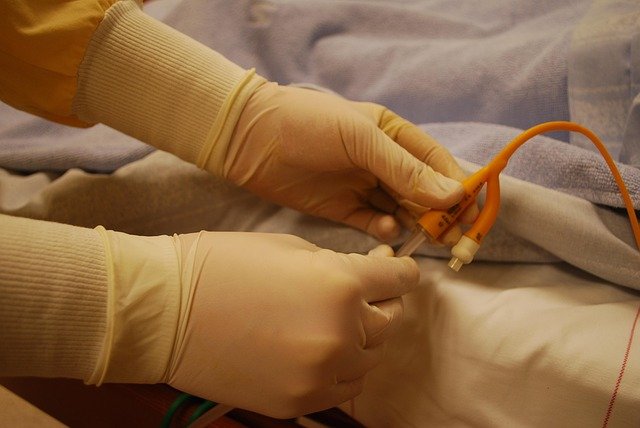Connecting the Dots: Depression, Diet and Wellbeing
Depression, a debilitating and often misunderstood condition, affects more than 264 million people worldwide, according to the World Health Organization. It's characterized by a persistent feeling of sadness, a lack of interest in activities once enjoyed, and a significant impact on both personal and professional life. The complexities of depression extend beyond the scope of mood, affecting various aspects of health and wellbeing. One such aspect that has gained attention in recent years is the relationship between depression and diet. This article will delve into the intricate web of connections between these two factors, exploring how what we eat influences our mental health and how our mental state can influence our dietary choices.

Depression: A Historical Overview
Depression, although a widely recognized condition today, has a history as complex and varied as its symptoms. Traces of depressive symptoms can be found in ancient texts, with the earliest references dating back to the second millennium BCE in Mesopotamia. However, the understanding and treatment of depression have evolved drastically over the centuries, moving from a spiritual and supernatural perspective to a more scientific and medical one in the 19th and 20th centuries.
It was not until the 20th century that depression began to be understood as a medical condition, influenced by factors such as neurobiology, life events, and genetics. The advent of antidepressants in the mid-20th century marked a significant turning point in the understanding and treatment of depression. Yet, despite advancements in medical treatments, depression rates have steadily increased over the last few decades, indicating the need for a more holistic approach to mental health.
The Role of Diet in Depression
In recent years, researchers have started to acknowledge the potential role of diet in mental health. A growing body of evidence suggests that what we eat significantly influences our mood and mental wellbeing.
Several studies have found a correlation between the Western diet — high in processed foods, sugars, and unhealthy fats — and a higher risk of depression. On the other hand, a Mediterranean diet, rich in fruits, vegetables, whole grains, and lean proteins, has been associated with a lower risk of depression.
The gut-brain axis, a communication network between your gut and brain, plays a pivotal role in this connection. The gut microbiome, the collection of microbes living in our intestines, communicates with the brain via biochemical signaling. This microbiome is influenced by what we eat, and in turn, it affects our mental health. A diet rich in processed foods can alter the gut microbiome, leading to increased inflammation, which is thought to play a role in the development of depression.
Depression and Its Impact on Dietary Choices
While diet can affect depression, the reverse is also true. Depression can significantly influence dietary choices, often leading to unhealthy eating habits. Individuals with depression may experience changes in appetite, either eating too much or too little. They may also crave carbohydrate-rich foods, which temporarily boost serotonin levels, providing a short-lived mood lift.
Depressed individuals may also lack the motivation or energy to prepare healthy meals, leading to a reliance on convenience foods, which are often high in fat, sugar, and sodium. This can create a vicious cycle, with poor dietary habits exacerbating depressive symptoms, leading to further unhealthy eating behaviors.
The Promise of Nutritional Psychiatry
Given the reciprocal relationship between diet and depression, there’s growing interest in nutritional psychiatry — the idea of using diet to prevent and treat mental health issues. This field emphasizes the importance of a balanced, nutrient-rich diet for maintaining good mental health and reducing the risk of depression.
Research in this field is still in its early stages, but preliminary findings are promising. For instance, a randomized controlled trial in Australia found that a dietary intervention could effectively treat major depressive episodes. Participants in the study who received dietary counseling showed significant improvements in their depressive symptoms compared to those who received social support.
The Road Ahead: Towards a Holistic Approach
While we’ve come a long way in understanding depression and its multifaceted nature, there’s still much to learn. The link between diet and depression underscores the need for a more holistic approach to mental health, one that considers not just medical treatments but also lifestyle factors like diet, exercise, and sleep.
Although nutritional psychiatry offers promising avenues for prevention and treatment, it’s important to remember that it’s not a cure-all. Depression is a complex disorder influenced by a myriad of factors, and diet is just one piece of the puzzle. Medical treatments, psychotherapy, and stress management are also crucial components of a comprehensive treatment plan.
In the end, the connection between diet and depression serves as a reminder that our minds and bodies are intimately linked — a testament to the profound wisdom of the age-old saying, “you are what you eat.”




